Gaza Crisis: International Pressure Mounts On Israel To End Aid Blockade
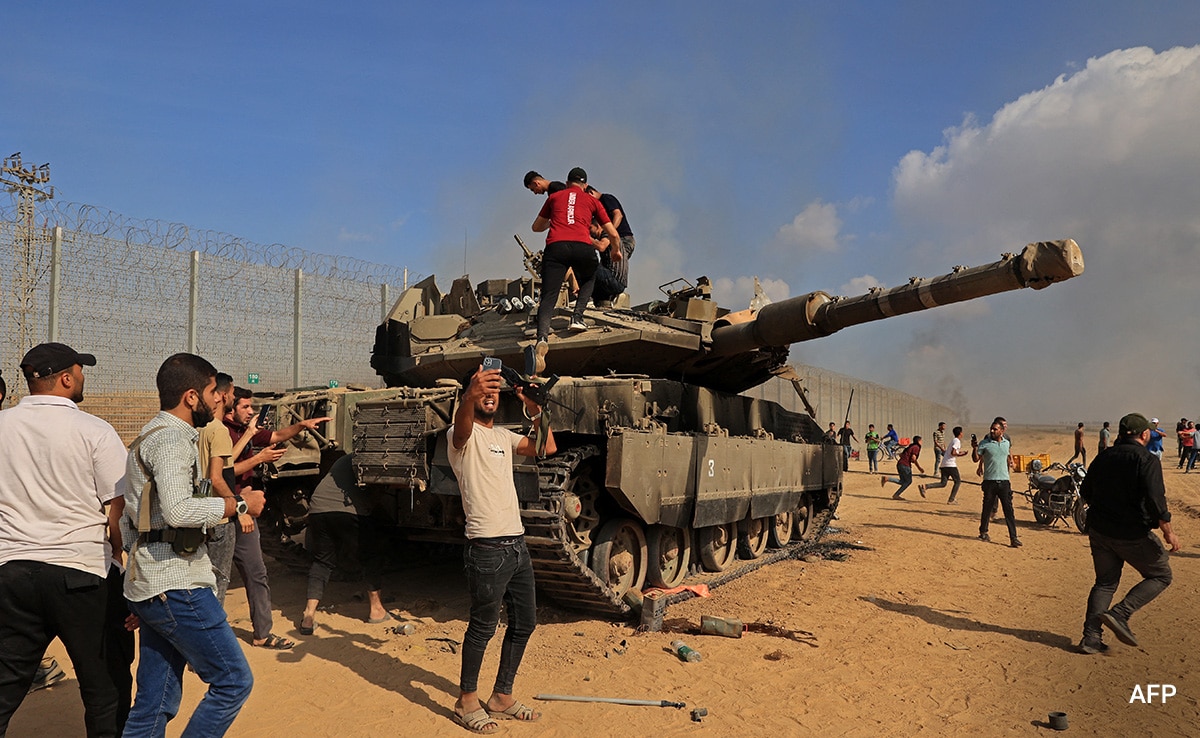
Table of Contents
The Humanitarian Catastrophe in Gaza
The humanitarian situation in Gaza is dire. Years of blockade and repeated conflict have crippled the territory's infrastructure, leaving its 2.3 million residents facing immense hardship. Food shortages are widespread, with families struggling to afford basic necessities. The UN estimates that over half the population is food insecure. Access to clean water and sanitation is severely limited, contributing to the spread of disease. Hospitals lack essential medical supplies, and healthcare workers face immense challenges in providing adequate care. The damage to vital infrastructure, including hospitals and schools, further exacerbates the suffering. Unemployment rates are astronomical, pushing a significant portion of the population into poverty.
- Medical supplies shortages: A critical lack of essential medicines, equipment, and trained personnel.
- Food insecurity rates: Over 50% of the population facing chronic food insecurity, according to UN reports.
- Access to clean water and sanitation: Limited access to potable water and inadequate sanitation systems, leading to health risks.
- Damage to hospitals and schools: Years of conflict have severely damaged essential infrastructure, hindering access to healthcare and education.
- High rates of unemployment and poverty: Extremely high unemployment rates and widespread poverty further worsen the humanitarian crisis.
International Condemnation and Calls for Action
The international community has strongly condemned the blockade and its impact on Gaza's civilian population. The UN, EU, and numerous individual countries have issued statements expressing deep concern and calling for an immediate end to the blockade. Several UN Security Council resolutions have addressed the humanitarian crisis in Gaza, urging Israel to ease restrictions on the flow of essential goods and services. Some countries have imposed sanctions or attached conditions to their aid packages, pressuring Israel to improve the humanitarian situation. Numerous human rights organizations have launched extensive campaigns, documenting the suffering of the Gazan people and calling for accountability.
- UN Security Council resolutions: Multiple resolutions have condemned the blockade and called for humanitarian access.
- Statements from world leaders: Numerous world leaders have publicly expressed concern and called for an end to the blockade.
- EU sanctions or aid conditions: The EU has linked aid to improvements in the humanitarian situation in Gaza.
- Human rights organizations' reports and campaigns: Organizations like Human Rights Watch and Amnesty International have documented widespread human rights violations.
Israel's Justification for the Blockade and Counterarguments
Israel justifies the blockade on security grounds, arguing it is necessary to prevent the smuggling of weapons and materials that could be used to attack Israeli civilians. They claim that Hamas, the de facto governing authority in Gaza, poses a significant security threat. However, human rights organizations and international bodies argue that the blockade disproportionately affects the civilian population, violating international humanitarian law. They contend that collective punishment of civilians is illegal and immoral. The restrictions on essential goods and services have devastating consequences for healthcare, education, and overall well-being.
- Israel's security concerns and counter-terrorism measures: Israel emphasizes its need to prevent the flow of weapons and materials to Hamas.
- Criticisms of the blockade's impact on civilian life: Critics highlight the devastating impact on the civilian population's access to basic needs.
- Legal and ethical arguments against collective punishment: International law prohibits collective punishment of civilians, and the blockade is seen by many as violating this principle.
Potential Solutions and Pathways Forward
Resolving the Gaza crisis requires a multifaceted approach. Easing the blockade, allowing the free flow of essential goods and humanitarian aid, is paramount. Increased international humanitarian aid is crucial to address immediate needs. Establishing robust international monitoring mechanisms could help ensure that aid reaches those who need it most and prevent smuggling. Ultimately, long-term solutions require addressing the underlying political issues, including achieving a lasting peace agreement between Israel and Palestine. However, this process is fraught with challenges, requiring sustained diplomatic efforts and compromise from all parties involved.
- Phased easing of the blockade: A gradual easing of restrictions, coupled with effective monitoring, could be a starting point.
- Increased international humanitarian aid: Significant increases in aid are crucial to alleviate immediate suffering.
- International monitoring mechanisms: Independent monitoring is vital to ensure transparency and prevent aid diversion.
- Addressing underlying political issues: Long-term solutions require addressing the root causes of the conflict.
The Urgency to End the Gaza Crisis
The humanitarian crisis in Gaza demands urgent attention. The growing international pressure on Israel to lift the aid blockade reflects the severity of the situation and the widespread condemnation of its impact on the civilian population. The suffering of the people of Gaza cannot be ignored. Immediate action is necessary to alleviate their suffering, ensuring access to food, water, medicine, and other essential goods. Learn more about the crisis, support humanitarian organizations working to provide aid in Gaza, and contact your elected officials to advocate for an end to the blockade and a just and lasting resolution to the Gaza Crisis: International Pressure Mounts on Israel to End Aid Blockade. Demand an end to the humanitarian suffering and work towards a peaceful and just solution for the people of Gaza. Let's all play a part in ending this devastating Gaza crisis.

Featured Posts
-
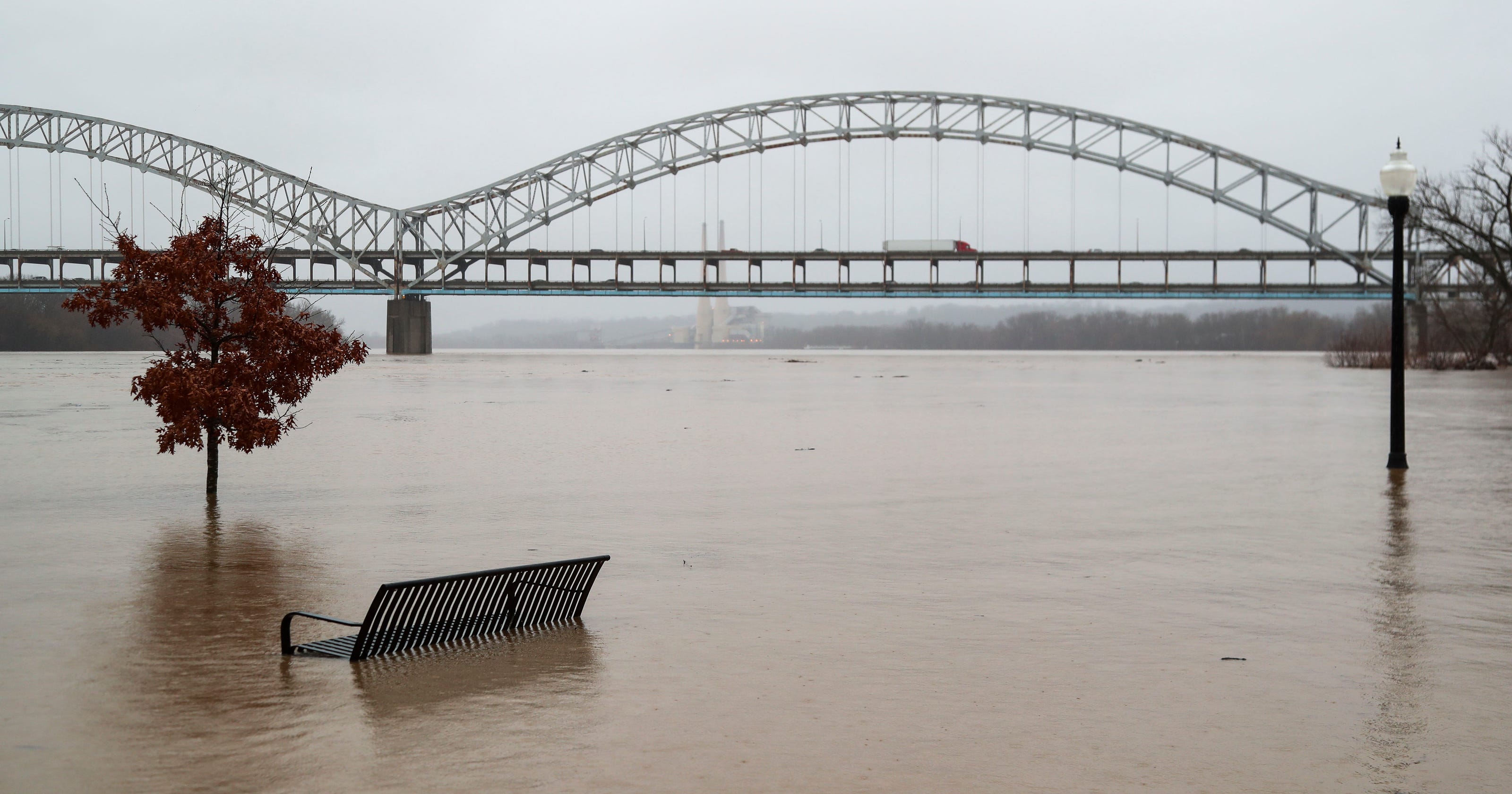 Heavy Rain And Flooding Prompts State Of Emergency Declaration In Kentucky
Apr 29, 2025
Heavy Rain And Flooding Prompts State Of Emergency Declaration In Kentucky
Apr 29, 2025 -
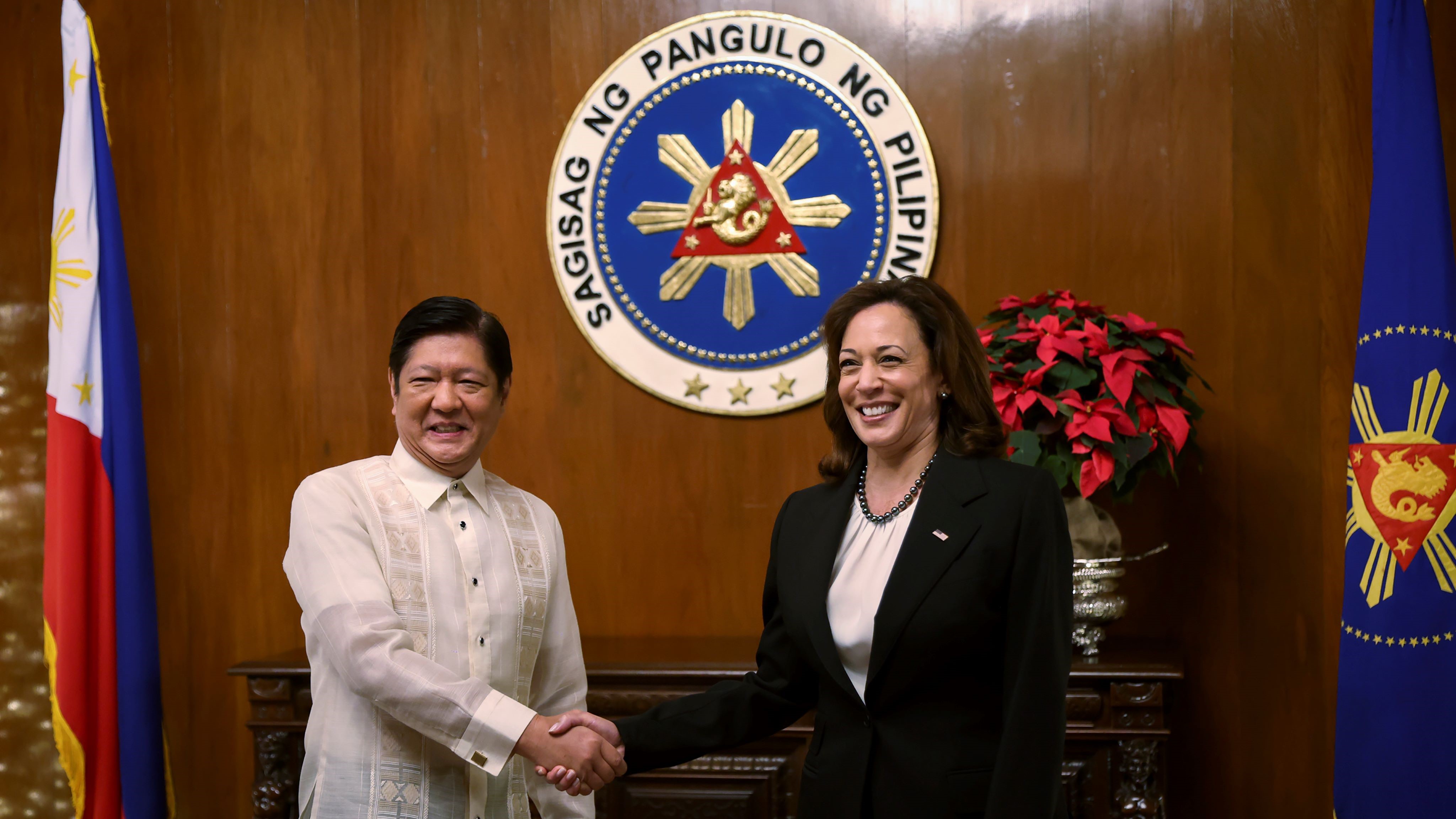 Hungarys Economic Relationship With China Resisting Us Influence
Apr 29, 2025
Hungarys Economic Relationship With China Resisting Us Influence
Apr 29, 2025 -
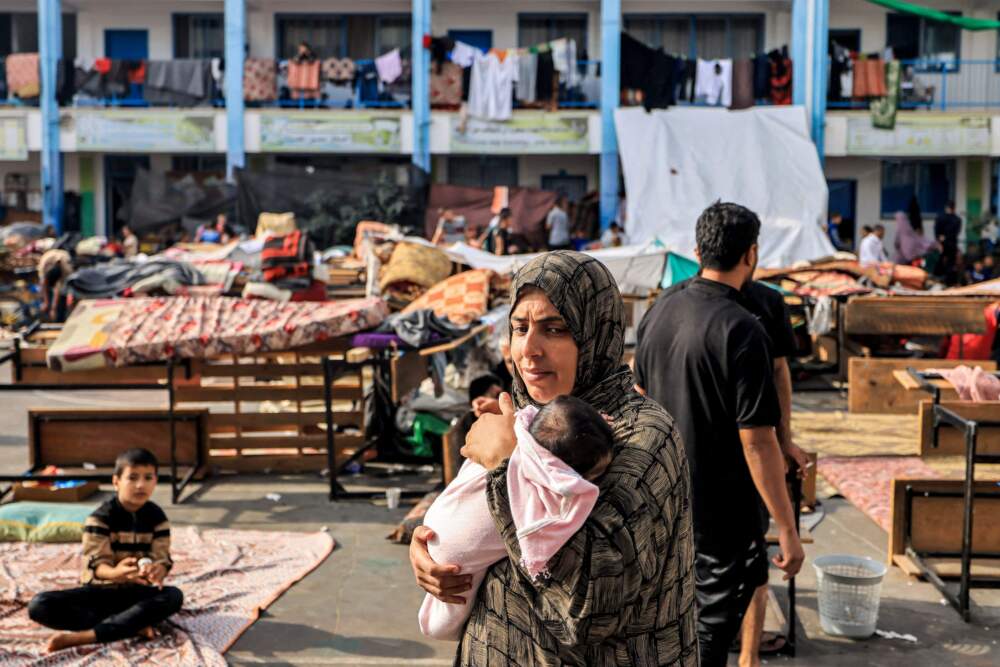 Humanitarian Crisis In Gaza Israel Urged To Lift Aid Restrictions
Apr 29, 2025
Humanitarian Crisis In Gaza Israel Urged To Lift Aid Restrictions
Apr 29, 2025 -
 Las Vegas Police Seek Publics Help In Locating Missing Paralympian Sam Ruddock
Apr 29, 2025
Las Vegas Police Seek Publics Help In Locating Missing Paralympian Sam Ruddock
Apr 29, 2025 -
 Conferinta Pw C Actualizari Fiscale Pentru 2025
Apr 29, 2025
Conferinta Pw C Actualizari Fiscale Pentru 2025
Apr 29, 2025
Latest Posts
-
 Documenting Floridas Alligator Population A Filming Perspective In Springs
May 12, 2025
Documenting Floridas Alligator Population A Filming Perspective In Springs
May 12, 2025 -
 Exclusive Interview Tom Conrad Sonos Interim Ceo On The Future Of Sound
May 12, 2025
Exclusive Interview Tom Conrad Sonos Interim Ceo On The Future Of Sound
May 12, 2025 -
 The Devastating Impact Of Trumps Tariffs On Small Businesses
May 12, 2025
The Devastating Impact Of Trumps Tariffs On Small Businesses
May 12, 2025 -
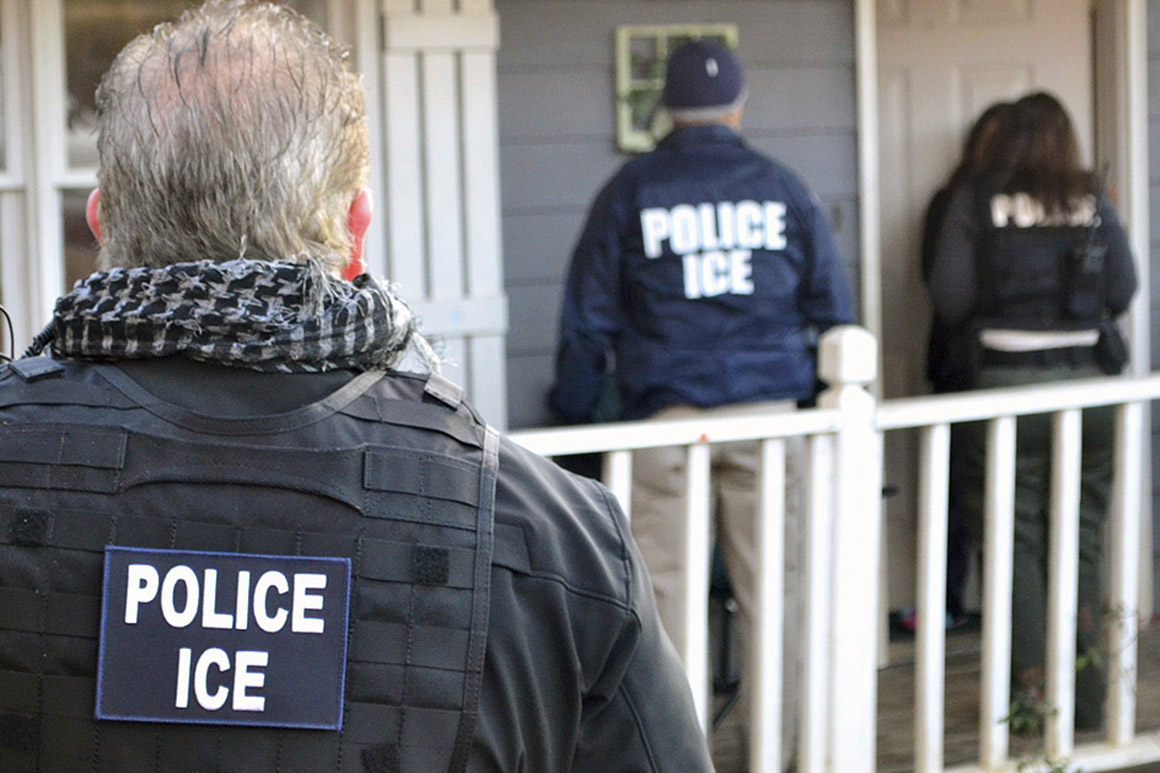 Intervention Attempt During Ice Arrest Causes Significant Disruption
May 12, 2025
Intervention Attempt During Ice Arrest Causes Significant Disruption
May 12, 2025 -
 Florida Spring Alligators Filming Challenges And Techniques
May 12, 2025
Florida Spring Alligators Filming Challenges And Techniques
May 12, 2025
